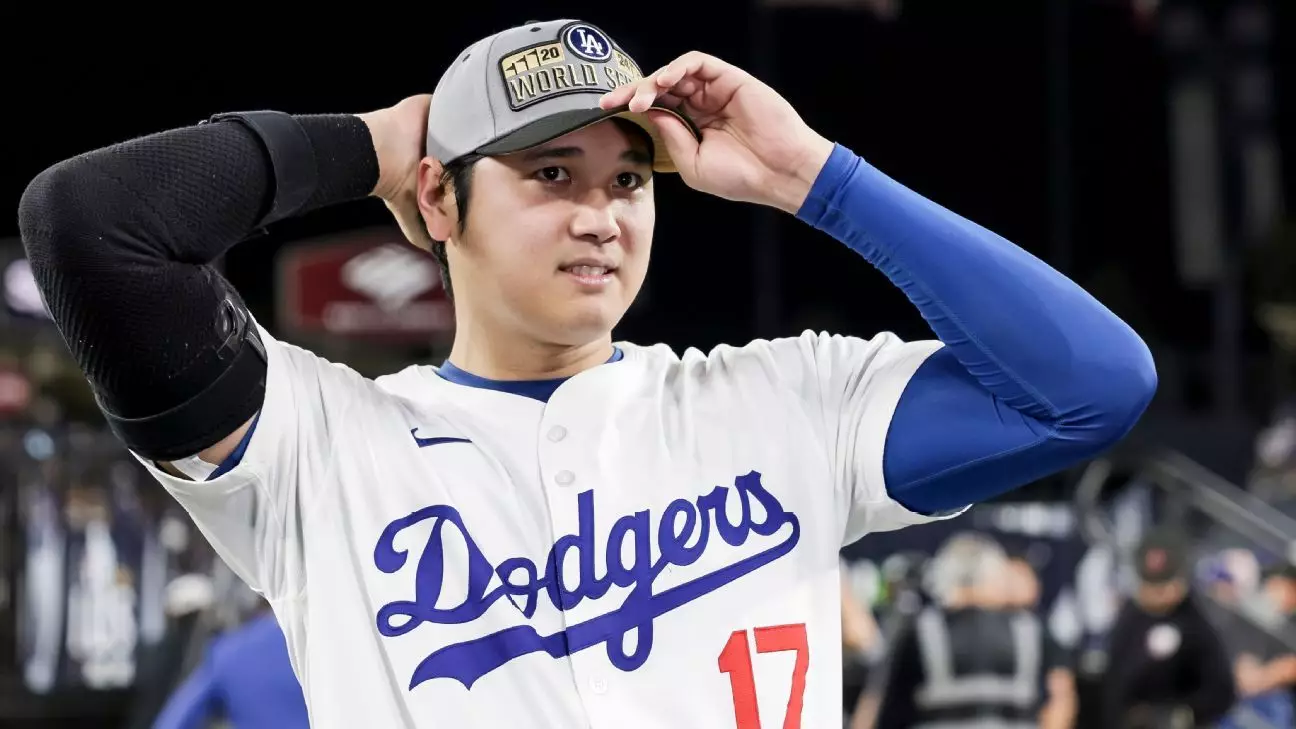Major League Baseball (MLB) has a rich history that resonates with fans, players, and analysts alike. Central to this history is the prestigious Most Valuable Player (MVP) award, an honor that has come to symbolize excellence on the baseball field. This article aims to present a comprehensive understanding of the MVP award’s evolution, impact, and significance in MLB, along with notable winners over the decades.
The concept of recognizing the best players in baseball is not a modern invention. The MVP award was first introduced in 1911 as the Chalmers Award, aimed at honoring the player deemed the most “important and useful” to their club and the league. This recognition set the foundation for what would become a crucial accolade within the sport. However, the award’s initial run was short-lived. It was discontinued in 1914, leaving a gap that would turn into an essential part of baseball lore with the initiation of the League Awards in the 1920s.
During this period, from 1922 to 1928 for the American League (AL) and from 1924 to 1929 in the National League (NL), the awards recognized players for their all-around service to their clubs. Though intended to spotlight significant contributions, the League Awards lacked a consistent structure that would make them reliable historical markers, particularly since winners were not eligible for repeat recognition.
The Establishment of the Baseball Writers’ Association’s MVP Award
A significant shift occurred in 1931 when the Baseball Writers’ Association of America assumed the responsibility of voting for the MVP award. This change standardized the award and began its annual tradition, ensuring that players’ performances were evaluated more consistently and transparently. The prestigious nature of this accolade is underscored by the voting process involving esteemed members of the baseball writing community, making it a reflection not just of individual talent but also of strategic gameplay and sportsmanship.
In essence, the MVP award evolved from an ambiguous beginning into a well-respected measure of excellence, shaping how future generations would understand and appreciate player contributions.
As of 2024, the MVP landscape has become increasingly competitive, with players like Aaron Judge of the New York Yankees and Shohei Ohtani of the Los Angeles Dodgers standing out in their respective leagues. Analyzing the recent MVP winners illustrates the shifting dynamics within the sport.
For instance, in 2023, Shohei Ohtani secured the MVP for the American League, reinforcing his reputation as one of the game’s most exceptional talents. Following close behind was Ronald Acuña Jr. for the National League, a testament to the rise of younger players impacting the game.
Notably, 2021 also marked a pivotal year with Ohtani winning the award while also breaking stereotypes as a two-way player—hitting and pitching with outstanding effectiveness. This trend signifies a paradigm shift wherein versatility is increasingly valued, reflecting the dynamic shifts in how baseball is played today.
The MVP award carries significant weight in the baseball community, influencing players’ legacies and franchises’ abilities to attract talent. Winning the MVP can launch players into superstardom, bolstering their careers both on and off the field. For fans, the MVP debates often fuel passionate discussions and social media interactions, enhancing engagement with the sport.
Moreover, the award functions as a historical ledger that encapsulates the eras and playing styles of different generations. Observing trends among MVP winners, such as the surge in home runs and strikeouts, gives insight into the strategic evolutions within the game.
While the MVP award is a revered recognition, it is not without its criticisms. Questions frequently arise regarding the subjectivity of the voting process, with accusations of bias often haunting the results. Factors such as team success, market size, and media exposure can disproportionately affect players’ chances of receiving the award.
Additionally, some contend that defensive skills and overall contributions may be overshadowed in favor of flashy offensive statistics. Such debates enrich the lore surrounding the MVP award, underscoring the passionate divide within the baseball community concerning what it truly means to be invaluable.
The MVP award is more than just an accolade; it stands as a testament to the best of what Major League Baseball has to offer. From its inception as the Chalmers Award to its current iteration under the Baseball Writers’ Association, the MVP award illustrates the sport’s evolving standards and values. As the game continues to develop, so too will the discussions surrounding this prestigious honor, cementing its role as a cornerstone of baseball’s rich history. Through exploring past winners and examining contemporary discourse around the award, we gain a deeper appreciation for the athletes and the sport itself.


Leave a Reply